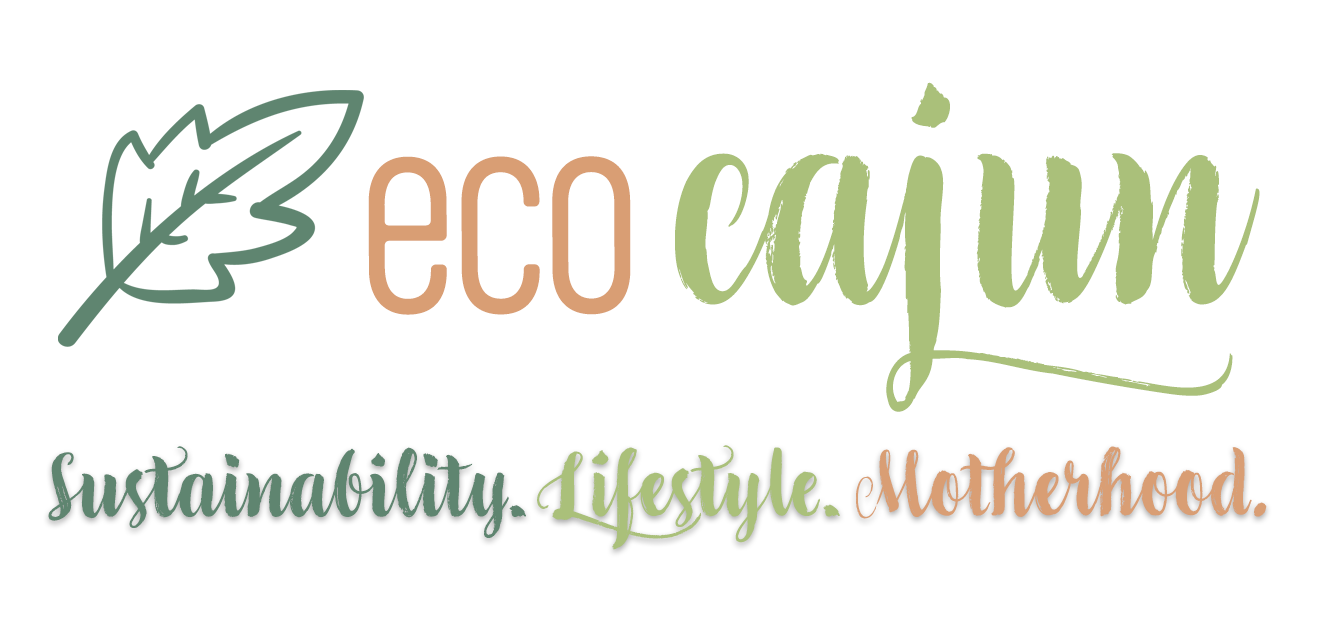I had an experience last week that made me step back and think for a moment. I was out shopping with the man, and the checkout girl had just poked a hole in a plastic shopping bag to use as a garment bag. After she did, she decided to go get an actual garment bag, so I asked her if I could keep the first one, thinking I could do something with it. With a confused look, she offered me a brand-new bag. I said no, the one with the hole is the one I wanted.
As she wrapped the man's clothes in the garment bag, I realized I could just use the holey bag for the shirt we had also purchased. "You sure? That one has a hole in it," she said worriedly. "No no, I'll use this one," I replied.
As we left, I realized this is the mentality I would love to see us change. One hole in a plastic bag doesn't mean it can't carry a shirt from the store to our car, then into our house. Why throw it out for a new bag?
Because it's how we are conditioned to think.
If more people embrace imperfections, we learn to become less dependent on perfect things, and we don't waste on our hunt for them.
- That plastic bag still worked, I used it to carry a shirt, and now it's stored to be used again. And I WILL find a way to use it again, even though it won't be for scooping cat litter. That's one less unused plastic bag in a landfill.
- Crinkled printer paper still contains whatever you need. Don't throw it out for a fresh, crisp sheet. That's less scrap paper in a landfill, or even at a recycling collection center.
- A dented can of food doesn't affect its taste. Yet, dented cans of food don't seem to sell and then get thrown away. What a waste!
- When it comes to fresh produce, you can still eat something that is slightly imperfect, but make sure the imperfections don't signal that it's overripe, old or could make you sick.
- A stained t-shirt doesn't have to be thrown away. Simply cut it up and make cleaning rags. That's fewer t-shirts in the garbage.
If you simply adjust your thinking a little, your perception of material items will change. Even if something isn't perfect, ask yourself if it's still usable. If so, use it! If it's honestly messed up or broken beyond using anyway or repairing, then pass it up or properly dispose of it.
Not everything people produce is going to be perfect. And yet, we throw out or pass over slightly imperfect goods, leaving them to be thrown away without being used.
Let's use what we have, and cut down on unnecessary waste. Eat those green beans that are in a slightly dented can! Use or reuse the plastic bag with a small hole!






No comments